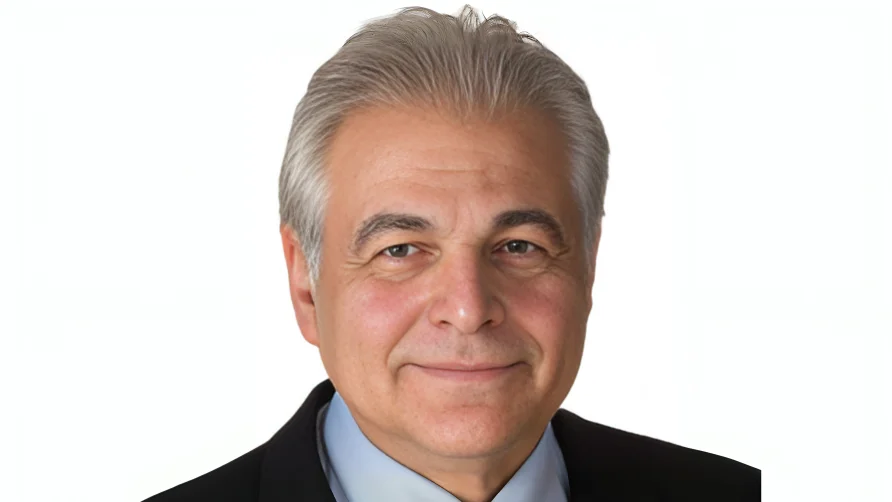In a contentious move by the Southern Nevada Health District (SNHD), the longstanding waiver permitting gyms like the Las Vegas Athletic Club (LVAC) to monitor pools via video surveillance has been revoked. This decision, prompted by recent incidents, including the tragic death of Leticia Triplett, has sparked debate over governmental control versus private business autonomy.
Initially granted in April 2020, the waiver allowed gyms to operate pool areas without on-site lifeguards, relying instead on advanced video monitoring systems monitored by trained staff. This approach complied with safety standards and aligned with business operations, avoiding significant additional costs.
LVAC’s response to the SNHD’s mandate has been swift and firm. They argue that their facilities, akin to private clubs, have successfully operated for decades without incident or the need for lifeguards. Moreover, the financial burden of implementing full-time lifeguards—estimated at an additional $4 million annually—threatens their operational viability.
Furthermore, according to SNHD documents, LVAC argued that the “Health District has no jurisdiction over its pools,” citing that their gym pools are not public and that their business is a “‘private club.’”
“Since the lifeguard exemption for gyms was granted in 2020, there have been 29 pool closures at 21 locations due to failures to comply with requirements,” a release reported by Review-Journal explains. “Specific safety plan requirements that were not met included failing to provide active remote monitoring of the pool area and documented walk-throughs of the pool area by facility staff.”
The closure of 29 pools at 21 locations raises questions about governmental interference in private business practices. The SNHD’s stringent regulations within a convoluted 100-page aquatic facility rulebook exceed reasonable safety measures and infringe upon individual business decisions.
Safety is undoubtedly paramount, but achieving it must be pragmatic and balanced. Sacrificing health-enhancing activities like swimming and water aerobics may ultimately harm public health more than it protects. While tragedies like the incident at LVAC underscore safety protocol importance, excessive regulation risks shuttering businesses, reducing affordable fitness options, and widening health disparities.
As we navigate these challenges, solutions must promote safety without stifling economic opportunity or limiting access to essential recreational facilities. Finding this equilibrium reflects our commitment to community health and individual freedom.
Businesses are adept at managing their operations to attract and retain customers. Forcing unnecessary regulations could lead to unintended consequences such as reduced access to recreational facilities and increased consumer costs.
The broader implications of this mandate are profound. Since enforcing lifeguard requirements began several gyms have closed their pool facilities due to financial strain. This trend threatens access to swimming and water aerobics—activities crucial for building muscular strength and cardiovascular health—and aiding in weight loss.
For many low-income individuals and families gym memberships provide affordable access to these health-enhancing activities that may otherwise be out of reach.
States like Texas have well-defined lifeguard rules often breaking up pool types by classes: public club wading pools etc., where private facility pools don’t require lifeguards unless they have slides or diving boards. Washington DC followed California Missouri Arizona’s suit allowing variances in property owner codes demonstrating budgetary needs recognizing different types of pools/facilities having different safety needs; hence ‘one size doesn’t fit all’.
As SNHD deadlines loom appeals from LVAC under review will significantly impact local gym operations/broader debates on governmental oversight vs private enterprise freedoms setting precedents for future regulatory decisions affecting businesses/public health policies across Nevada.
Ensuring public safety is crucial yet balancing regulatory oversight/business flexibility is key; Nevada Policy advocates measured approaches respecting both concerns/autonomy allowing responsible/effective management underscoring ongoing dialogue complexities between SNHD/LVAC/advocacy groups balancing safety/economic viability/individual freedoms within our community.
---


